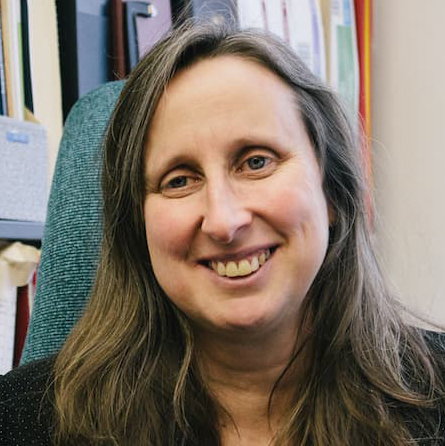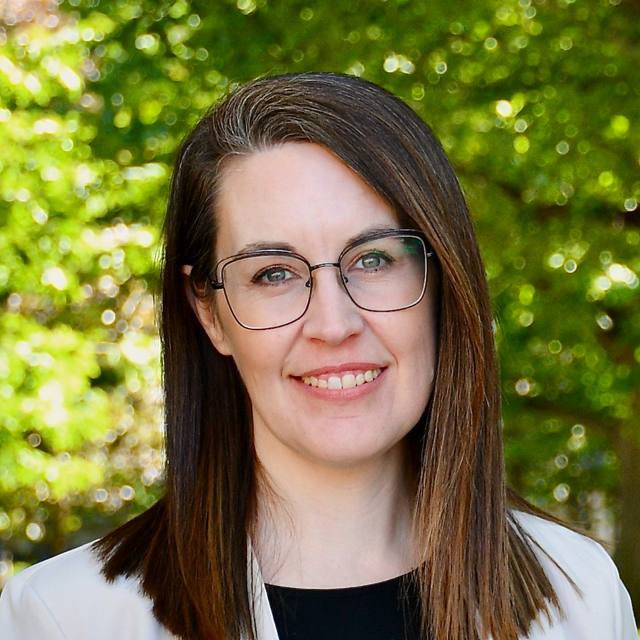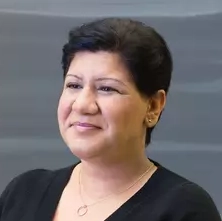Toronto Population Network


The proposed Toronto Population Network will be an interdisciplinary academic hub aimed at addressing the most pressing challenges related to population dynamics, such as health disparities, housing, migration, fertility, family structures, aging, and mortality. Through a tri-campus, inter-divisional approach, this initiative will unite experts from sociology, public health, social work, economics, geography, and political science to provide a multi-faceted perspective on these issues and generate actionable solutions to pressing social concerns.
This network will leverage the University of Toronto’s extensive academic resources to foster a collaborative environment where experts from diverse fields work together. The interdisciplinary approach is crucial because population changes like aging, migration, and economic disparities impact many aspects of society, including healthcare, housing, and employment. A holistic understanding of these issues requires insights from multiple disciplines. For instance, studying migration goes beyond mere population counts; it involves understanding economic, social, and geographic factors influencing movement patterns, settlement choices, and public health impacts.
The Toronto Population Network will serve as a platform for developing new research tools, statistical methodologies, and practical solutions tailored to demographic study. The initiative will also support the development of advanced techniques for analyzing complex datasets, utilizing innovative data sources such as mobile phones and social media. The network will focus on demographic methodologies and will explore options for shared data platforms, allowing for specialized and impactful research.
The initiative will kick off with workshops, conferences, and roundtable discussions, creating opportunities for cross-disciplinary exchange and collaboration.
Through a foundation of strong interdisciplinary collaboration and external funding, the Toronto Population Network aspires to establish itself as a global leader in demographic research.
Toronto Population Network team

Monica Alexander
Monica Alexander is an Associate Professor joint in the Department of Statistical Sciences and Sociology. She received a PhD in Demography and a Masters in Statistics from the University of California, Berkeley. Prior to that she received a Masters of Social Research from the ANU and a Bachelor of Science at the University of Tasmania.
Dr. Alexander's research interests include statistical demography, mortality and health inequalities, and computational social science. Her research focuses on developing statistical methods to help measure disparities in demographic and health outcomes. She has worked on research projects with the World Health Organization, UNICEF, UNHCR, and her work has appeared in journals such as Demography, The Lancet Global Health, and JAMA.

Esme Fuller-Thomson
Esme Fuller-Thomson has been Director of the Institute for Life Course and Aging since 2016. She is a full professor with cross-appointments to the Department of Family & Community Medicine and the Faculty of Nursing.
Dr. Fuller-Thomson has published more than 200 peer-reviewed articles on the
later-life health impacts of adverse childhood experience, grandparents raising grandchildren, social determinants of disability among older adults, racial and immigrant health disparities, and attention deficit hyperactive disorder (ADHD). She has publications in the New England Journal of Medicine, the Lancet, American Journal of Public Health and Social Work.
Dr Fuller-Thomson’s research has also had an influence outside the academic community. Her research on disability and poverty was discussed in Time Magazine’s cover story (12/04/06) on “This Year in Medicine”. Her studies have been featured in all major wire services and in hundreds of newspaper articles on five continents including the Chicago Tribune, The Wall Street Journal and The Globe and Mail.
She held the Sandra Rotman Endowed Chair in Social Work from 2009-2019, and was the I. Anson Assistant Professor from 1995-2002. Esme is a Fellow of the Gerontological Society of America.

Joanna Pepin
Joanna Pepin is an Assistant Professor in the Department of Sociology at the University of Toronto, where she is also a faculty affiliate at the Centre for Global Social Policy. Prior to this position, she was an Assistant Professor in the Department of Sociology at the University at Buffalo (SUNY) and a Postdoctoral Fellow in the Population Research Center at the University of Texas - Austin.
Dr. Pepin’s research focuses on family demography, gender inequality, and social change. Her work explores how gender norms and economic structures shape intimate relationships, such as attitudes and behaviors related to marriage, divisions of household labor, whether couples pool their earnings, and work-family arrangements across generations. Dr. Pepin’s current projects investigate what constitutes an "equal" relationship and how work, family, and gender beliefs relate to mental health. Pepin’s research has appeared in the American Sociological Review, American Journal of Sociology, Demography, and Journal of Marriage and Family. It has been covered by news outlets such as the New York Times, Washington Post, Time Magazine, and The Guardian.

Arjumand Siddiqi
Arjumand Siddiqi is Professor and Canada Research Chair in Population Health Equity at the Dalla Lana School of Public Health, University of Toronto, and Senior Scientist and Edwin S.H. Leong Chair of Child Policy Research at the Hospital for Sick Children, Toronto, Canada. At University of Toronto, she is also appointed in Sociology, Public Policy, and Women and Gender Studies, and is a Senior Fellow of Massey College. She holds Adjunct Professorships at Harvard University and the University of North Carolina – Chapel Hill. Dr. Siddiqi’s research focuses on understanding the nature and causes of health inequities, with particular emphasis on how they are influenced by social policies and other societal conditions. Dr. Siddiqi frequently works with organizations, including governments and international agencies, on issues of social determinants of health, health inequalities, and related matters. She was a member of the World Health Organization Commission on Social Determinants of Health. She is the recipient of the 2022 Canadian Institutes of Health Research, Institute of Population and Public Health Mid-Career Trailblazer Award. She received her doctorate in Social Epidemiology from the Harvard T.H. Chan School of Public Health.

Leafia Ye
Leafia Ye is an Assistant Professor in the Department of Sociology at the University of Toronto, where she is also a faculty affiliate at the Global Migration Lab at the Munk School of Global Affairs & Public Policy, as well as the Centre for Global Social Policy.
Dr. Ye is a social demographer with particular interest in inequalities by immigration status and in the aging process. She is the Principal Investigator of an R21 project funded by the National Institue on Aging, National Institutes of Health, which explores the link between immigrant integration and later-life health in the U.S. and Canda. Her research on U.S. immigrants’ reversed economic assimilation in later life has received the Award for Distinguished Contribution to Scholarship in Population from the American Sociological Association in 2024.
Her recent work has appeared in top journals in sociology and demography, such as Social Forces, Population and Development Review, Population Research and Policy Review, Journal of Ethnic and Migration Studies, and RSF: The Russell Sage Foundation Journal of the Social Sciences.

